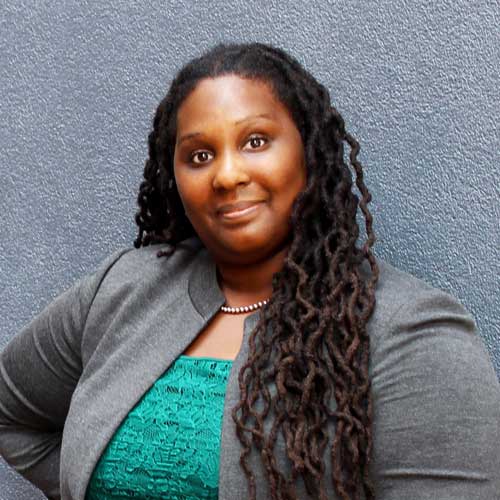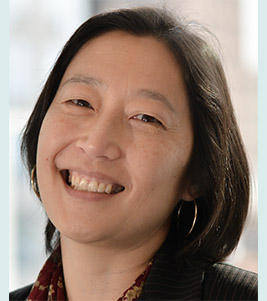The Family Law Practice Clinic challenges the systemic racism and classism driving state intervention into the private lives of families and communities of color and lower socioeconomic status. Its faculty and students examine the doctrine, policy, and practice of family law, especially as it applies to low-income families living at the nexus of state intervention around youth justice, child welfare services, threats to parental rights due to institutionalized and discriminatory definitions of care, and the consequences mass incarceration creates for families of color.
The practice clinic allows students to serve domestic violence survivors, children, parents involved in the child welfare system, immigrants, LGBTQ individuals and families, and formerly incarcerated parents. Broad themes include state power and intervention impacting individual and family rights; how the law defines a family (and a child) and how those definitions have changed throughout history; how underlying racial and economic disparities and the effects of mass criminalization impact legal interventions; unintended consequences of state intervention; intersections between public systems; under-served disabilities; and potential alternative strategies to litigation.
In the classroom, students will become familiar with general family law doctrines such as divorce, custody and visitation, child dependency and protection, parental defense in abuse and neglect proceedings, paternity and child support, as well as law-related to juvenile justice and intimate partner violence.
Faculty
-
Co-Director, Family Law Practice Clinic and Associate Professor of LawChariso Kiyô Smith was the William Hastie Fellow at Wisconsin Law School, where she received an LL.M., taught Introduction to Juvenile Justice, and lectured in the Family Court seminar prior to joining the CUNY Law faculty. A graduate of Yale Law School and Harvard and Radcliffe Colleges, Professor Smith teaches courses including Domestic Relations and the interdisciplinary, intersectional Family Law Practice Clinic. Her scholarship investigates themes such as personal capacity for decision-making and caregiving, moral and legal responsibility, harm, and remedy. Focusing on two broad areas—the criminalization of youth behavior and the threat to parental rights among those with mental disabilities—Professor Smith has published widely. She is the recipient of numerous distinctions including the Arthur Liman Public Interest Law Fellowship, the Schell International Human Rights Fellowship, the Michael Rockefeller Fellowship, and the Harvard History Essay Prize. Continuing her study of Zen Buddhism for over ten years, Professor Smith encourages mindful lawyering and balance in legal education. Read Chariso Kiyô Smith's full bio.
-
Professor of LawDonna Hae Kyun Lee is a Professor at the CUNY School of Law. She served as the Clinic Dean and has taught in the Family Law Practice Clinic and Defenders Clinic, as well as Law and Family Relations (LFR), Criminal Procedure, the Rights of People in Prisons and Jails, and in CUNY’s Lawyering Program. Prior to joining CUNY Law, Lee taught at Brooklyn Law School in the Federal Litigation Clinic and at New York University (NYU) Law School in the Lawyering Program, worked at the National Prison Project of the ACLU Foundation in Washington, DC, and the Law Reform Unit of the Legal Aid Society in New York City. Lee additionally clerked on the U.S. District Court for the District of New Jersey, and on the U.S. Court of Appeals for the Third Circuit. View Donna Lee's full bio.


